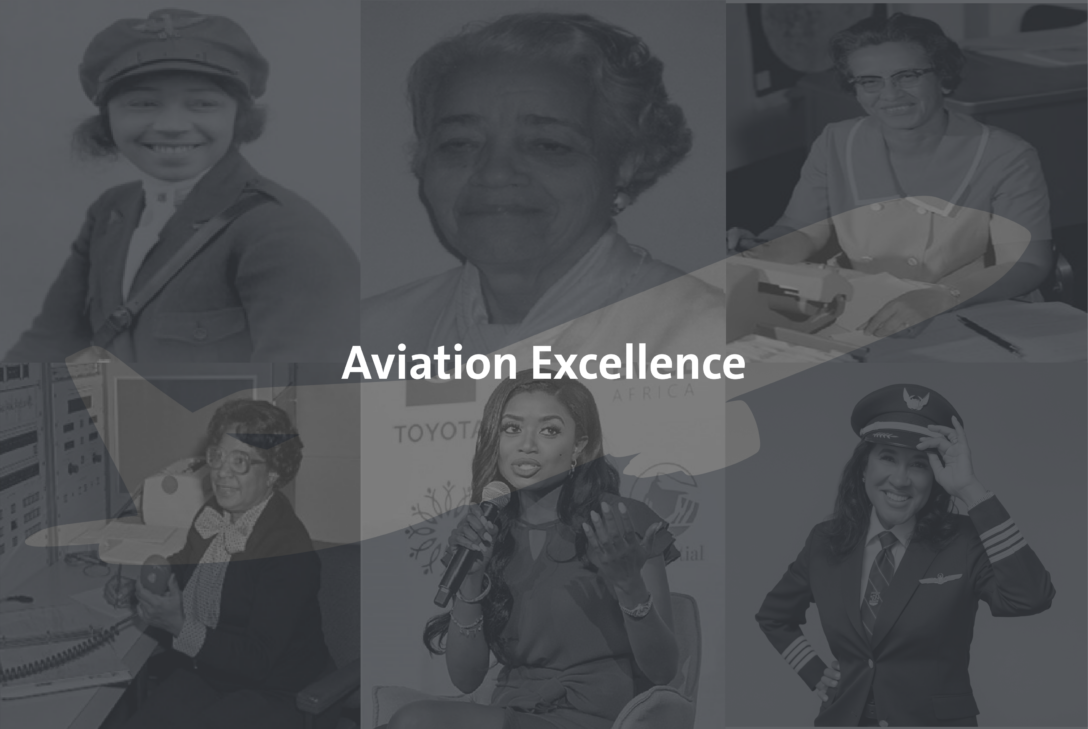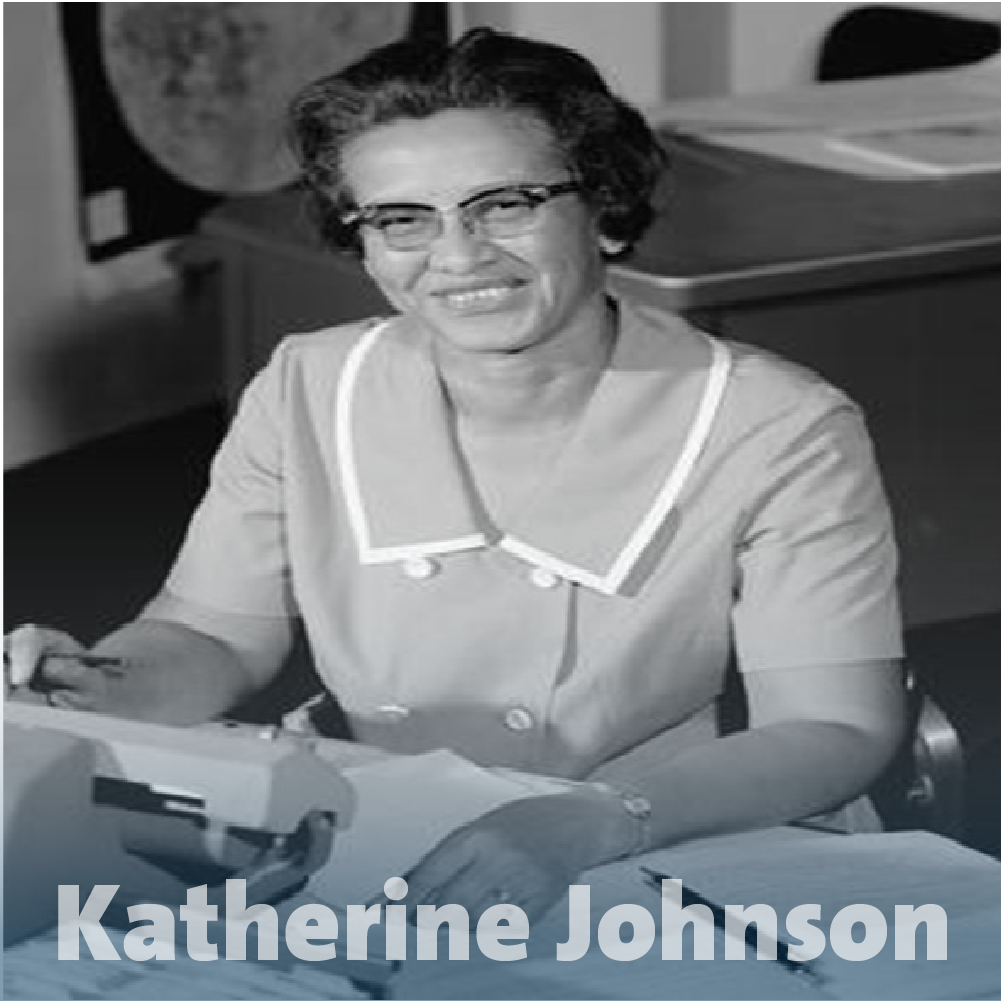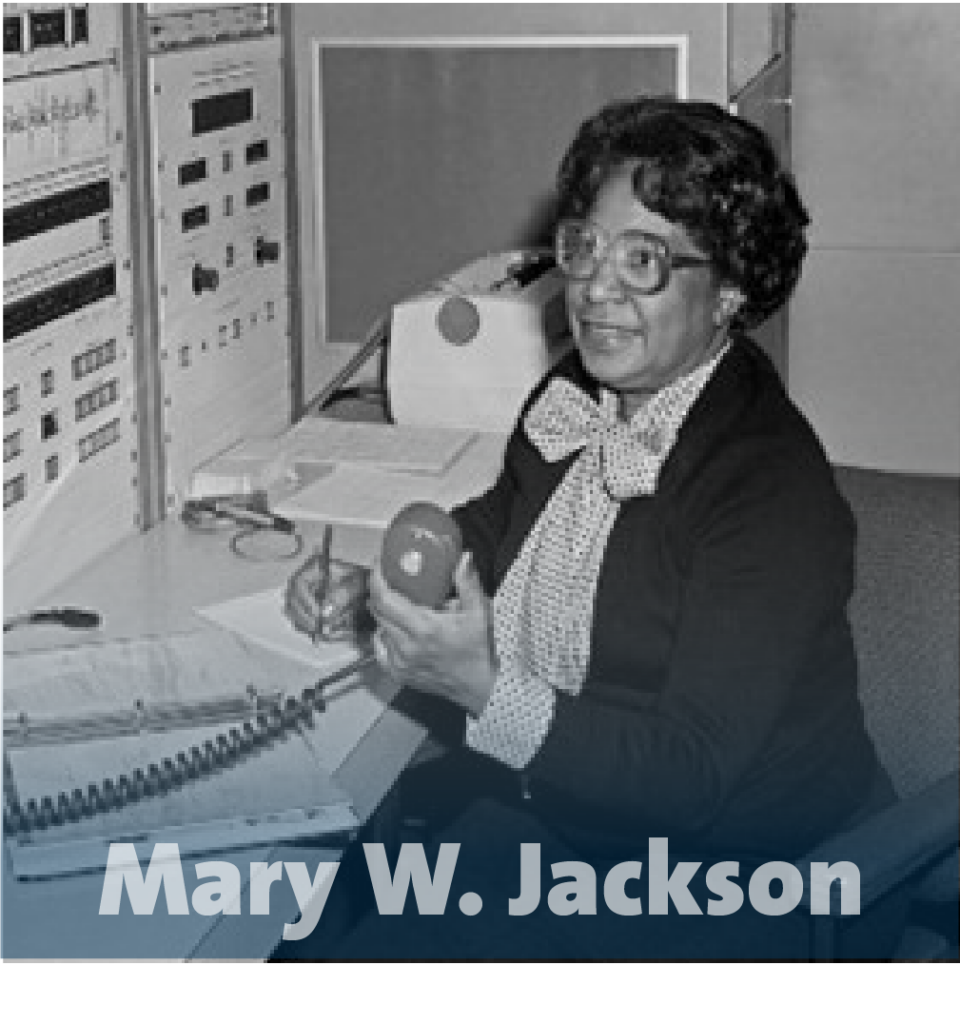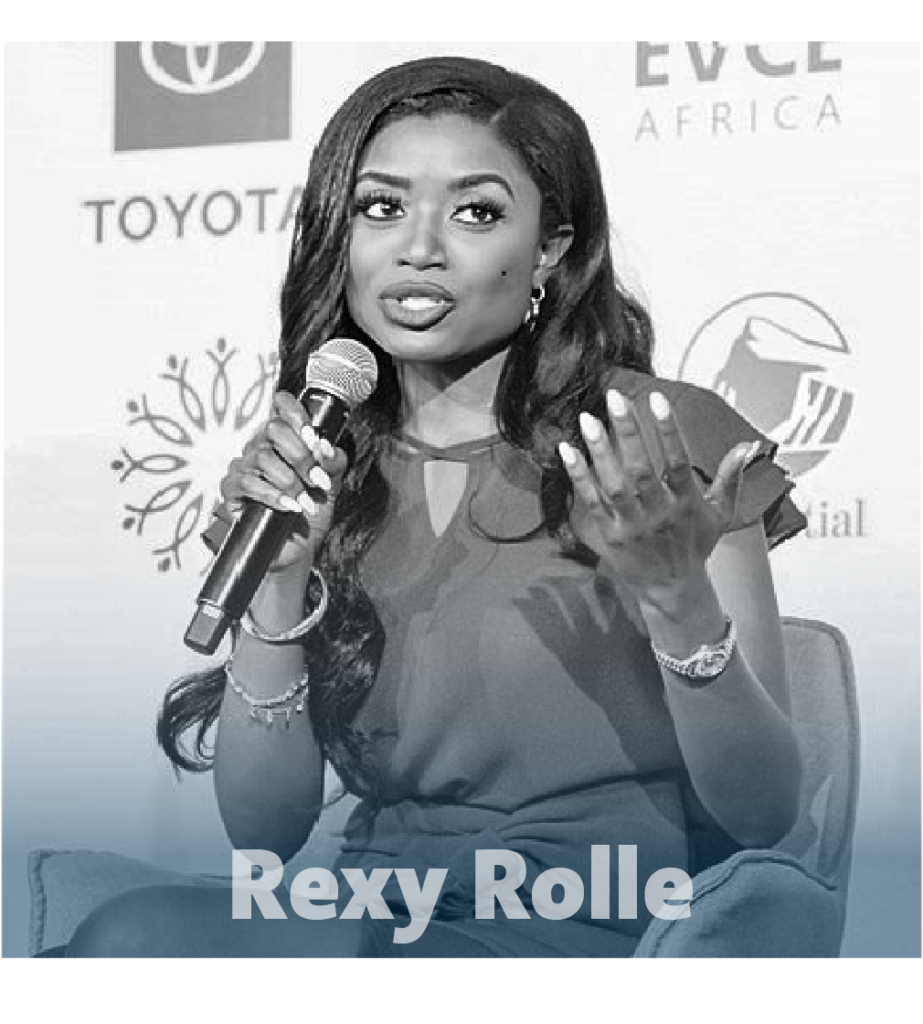
InterVISTAS is proud to highlight the extraordinary achievements of six black women in honor of Women’s History Month and Black History Month, today on International Women’s Day.
The six women featured here have contributed significantly to the field of aviation. Each has overcome significant hurdles to succeed, paving the way for others to follow in their footsteps. The below excerpts tell only a small part of their story.
At InterVISTAS we are also proud supporters of groups such as Elevate Aviation, which helps introduce women and youth to careers in aviation. For our next generation of black and female leaders in aviation, it is also important to recognize the role of the Urban Pilots Network (UPN). Elevate Aviation’s Kendra Kincaide featured the story of Zoey Williams, who received a UPN scholarship in 2015. Read more about Zoey’s story here. “I believe that diversity in aviation can be increased through outreach and community involvement. I often meet young girls who have said, ‘I did not know that being a pilot was an option.’ Representation is important and we need to encourage young women and minority groups… aviation is an option and a great one too!”

Bessie Coleman was born in 1892 to a family of sharecroppers in Oklahoma. With a love for aviation, she wanted to become a pilot. At the time, U.S. aviation schools denied her admission, forcing Bessie to travel to France to obtain an international pilot license, which she successfully achieved in 1921. A year later, she returned to the United States to become the first black woman to obtain a U.S. pilot license. She flew at air shows and entertained the masses as a stunt pilot. Bessie vowed to keep fighting discrimination all her life, and according to sources close to her, she only wanted to perform her flying before mixed audiences. Bessie is known for her quote: “The air is the only place free from prejudices.” Bessie died at the age of 34 in a tragic accident.
Learn more about Bessie Coleman’s story here
The movie ‘Hidden Figures’ (2016) portrays the lives of three black women working at NASA during the 1950s and early 1960s, detailing how each of the three women were crucial to the success of the ‘Project Mercury’ missions in the race for human-crewed human space flight. Katherine Johnson, Dorothy Vaughan, and Mary Jackson worked as human “computers” performing mathematical calculations by hand that were instrumental for the orbital trajectories of spacecraft, including John Glenn’s orbital flight around the world aboard Friendship 7 in 1962. Learn more about the stories of these incredible women here
Dorothy Vaughan (1910-2008) was the first black woman to hold a manager position at NACA. She was a well-respected mathematician and led the segregated unit of West Area Computing from 1949-1958. When NACA transitioned into NASA, and segregated units were abolished, she took up learning FORTRAN and became an expert, and in doing so, contributing to many NASA programs. One such program was the Scout Launch Vehicle Program, which succeeded in bringing small satellites into low earth orbit.


Katherine Johnson (1918-2020) was one of the first black students at West Virginia University in 1939. She was regarded as a brilliant mathematician and went on to become a mathematics teacher. When she and her family moved to Newport News, VA, Katherine started working for NASA’s precursor agency NACA, in 1953. Katherine worked on analyzing numbers, orbital mechanics equations and helped calculate trajectories for human human-crewed spaceflight for the second human in space, Alan Shepard, in 1961, and the first human to fully orbit the earth in space, John Glen, in 1962. She was awarded the Presidential Medal of Freedom for her contributions.
Mary W. Jackson (1921-2005) also started her career as a mathematics teacher and later joined Dorothy’s unit at West Area Computing in 1951. With an interest in aeronautical engineering, she fought and eventually won permission to attend engineering courses at the segregated Hampton High School. Mary completed her engineering studies in 1958 and was promoted within NASA to become the first black female engineer, working most of her career at the Langley Research Centre in Hampton, VA. Later, she transferred to serve as the Federal Women’s Program Manager, influencing NASA’s hiring and promotion practices.

Modern Day Examples of Excellence

Sherrexcia Alexis Rolle, known as ‘Rexy’ Rolle, is the Vice President of Operations and a member of the General Counsel at Western Air, a black-owned airline. Based in the Bahamas and founded by her parents, Rexy has taken up an executive role and led the expansion of the privately-owned business. Albeit the success of Western Air, she stipulates her continued fight against gender and race discrimination in the predominantly white and male aviation industry. In interviews, Rexy has explained a firm belief that her business meetings should not turn beyond the level of business, and if she senses that they do, she is prepared to shut down those meetings on the spot. Her confidence and persistence in keeping discrimination separate from business has kept her parent’s dream of owning their private airline alive.
Learn more about Rexy Rolle’s story here
Carole Hopson started her career as a full-time pilot for United Airlines in 2018. At her graduation, she was the only black female student in a class of 40. That achievement was not enough for her. Hopson realized there were far too few women like her in this line of work. The FAA statistics at the time stated that less than one percent of all certified pilots in the United States were black women. This was a startling wake-up call for Hopson, and it empowered her to spark change and diversification in the aviation industry, specifically in the cockpit. Carole launched the Jet Black Foundation, a non-profit set on a mission to support black female pilots and enroll one hundred black women in flight school by 2035. Inspired by Hopson’s goal, United Airlines launched its own flight school: United Aviate Academy, with a mission to train at least five thousand pilots by 2030, half of which are women and people of color.
Learn more about Carole Hopson’s story here

Contact Us
Ready to get started? Let’s work together on finding solutions that work for you. Get in touch and let us know how we can help!
Contact Us
